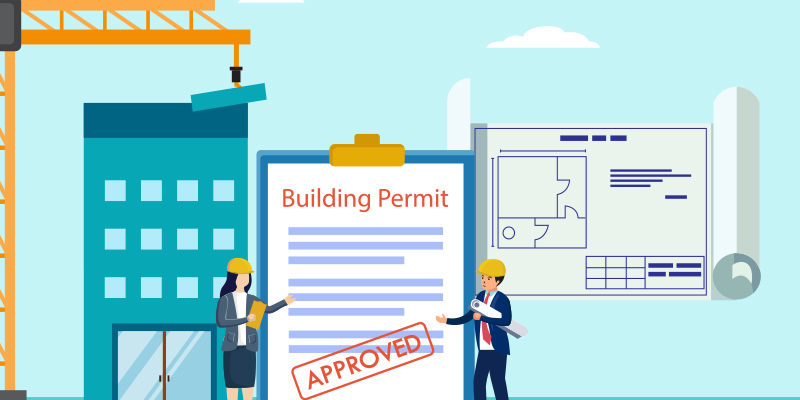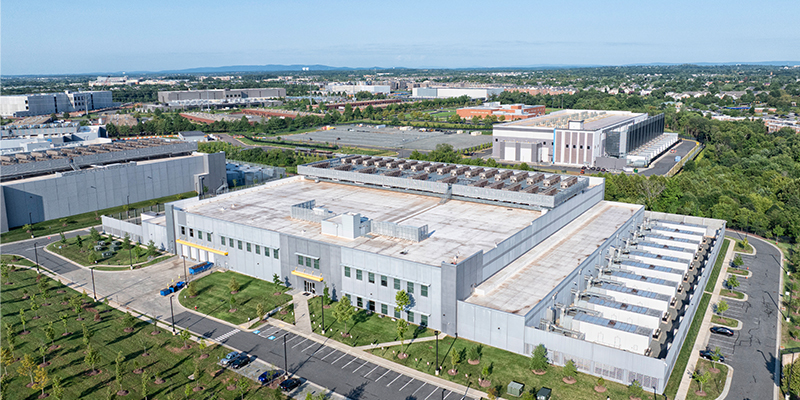NAIOP members know that the procurement of a local permit is a fundamental and essential part of commercial real estate development in providing communities with properties for people to live, work and play. However, local permitting processes vary and too often become unnecessarily delayed. These variations and delays lead to uncertainties that affect the development’s completion, the financing structure, the retention of contractors, resources and equipment, and, ultimately, the cost for the owner, tenant and end-user.
Because of this, NAIOP chapters across the U.S. are using Georgia’s legislation as a template in advocating for reforms that bring predictability, consistency and transparency to the local permitting processes within their respective states. Key features of the state’s reforms include:
- All local jurisdictions must publish the time frame for review, and the requirements for a permitting application to be deemed complete;
- The fee charged for the permit must be related to the cost of approving a permit and not a revenue source for other government services and programs;
- Jurisdictions must notify an applicant within five days of submitting an application if it is deemed complete, and then make a decision within 30 days;
- If a jurisdiction is unable to make a decision in 30 days, the applicant may seek approval from a certified third party, such as a licensed architect or engineer (at the applicant’s expense) with half the local fee redirected to the third-party reviewer; and
- Inspections must be performed within two days of the developer’s request. Similar to the permitting process, the developer may seek third-party approval if the local governing entity is unable.
Georgia’s permit reforms, along with similar legislative reform measures in Florida, North Carolina and Texas, are focused on establishing and defining a consistent permitting process. The applicable code requirements, regulatory obligations and commensurate permit fee levels remain a concern for commercial real estate, but were not part of the requested reforms. These reforms support the objectives of local governments to spur economic growth, create jobs and improve the quality of life. The chapters in Ohio and Tennessee are currently similar reform legislation within their state capitols.
To be clear, local permit reform is a bipartisan issue. Legislators from both sides of the aisle recognize the need to address permit delays that hinder their own goals for the revitalization of communities seeking to strengthen economic and affordable housing opportunities. The option for the third-party review of a permit application also provides relief to understaffed permitting departments or some areas of a state lacking qualified reviewers.
The NAIOP chapters in California and New Mexico are having receptive discussions with lawmakers on reforming local permitting processes in order to resolve the lengthy and costly delays that are occurring within their respective states. These delays only serve to impede the local demand and need for the construction of more commercial and residential properties. Discussions with California lawmakers have already successfully resulted in the introduction of permitting review legislation supported by the real estate industry.
While these advocacy efforts are focused primarily on addressing the inconsistencies in local permitting processes, NAIOP chapters are also concerned with burdensome policies and taxes that hamper the commercial real estate industry. The negative impact of unreasonable and inconsistent local taxes, fees, and other regulatory requirements on construction should briefly be mentioned.
A Washington Policy Center story by Mark Harmsworth highlights the “death by a thousand paper cuts, or in this case taxes and fee” in Seattle efforts to provide more housing. Harmsworth notes the “contradiction” and unintended consequence of the Mandatory Housing Affordable Tax on commercial and multifamily development in raising, rather than lowering. housing costs from the Mandatory Housing Affordability tax on commercial and multifamily development. The tax or fee of $5.00 to $32.75 per square foot on new construction serves as a deterrent to new development, and ultimate adds to the cost for owner or tenant.
Local permitting processes remain a fundamental and essential part of commercial development. For this reason, NAIOP chapters and its members must continue to work with lawmakers on both sides of the partisan aisle for more transparent, accountable permit review processes at the local level.








